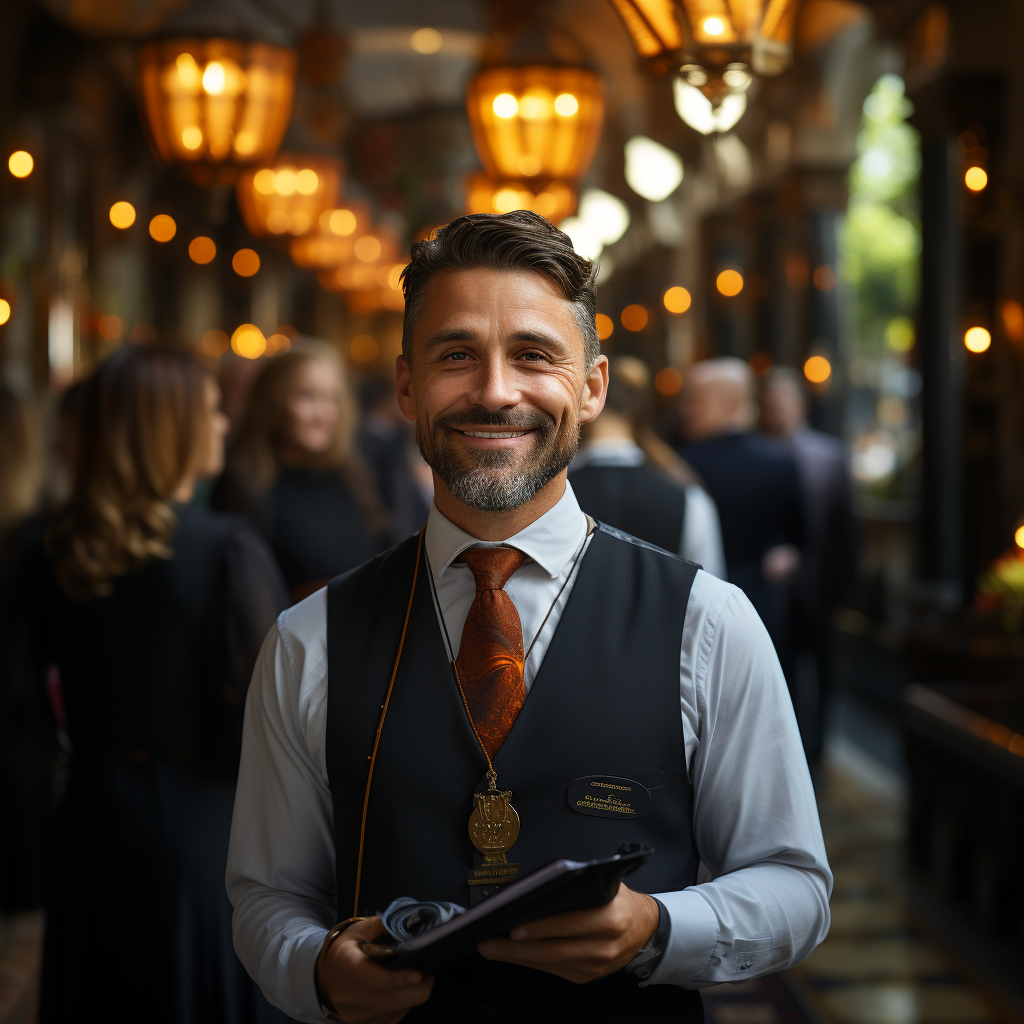Training as a Tool for Hotel Brand Development
The Strategic Role of Training in Hotel Branding
Elevating Brand Image Through Staff Training
Training is a pivotal tool in shaping the perception of a hotel brand. It goes beyond imparting basic service skills to embedding the brand’s core values and ethos into every guest interaction. Well-trained staff act as brand ambassadors, their service reflecting the brand’s commitment to excellence. Detailed training programs that cover everything from guest interaction techniques to problem-solving and personalized services are crucial. They ensure that every employee, regardless of their role, understands how their actions contribute to the overall brand image and guest satisfaction.
Aligning Employee Performance with Brand Expectations
Consistency is key in hotel branding, and training is essential in achieving this. Staff training programs must be carefully designed to align with the brand’s vision and values, ensuring uniformity in service quality and guest experience across all levels. This involves continuous training and development programs that keep staff updated with the latest brand standards and practices. Regular workshops, seminars, and refresher courses can help maintain a high standard of service that is synonymous with the brand.
Enhancing Brand Loyalty through Targeted Training Programs
Fostering Emotional Connections with Guests
Training programs focused on emotional intelligence and empathy can significantly enhance guest loyalty. Staff should be trained to not just meet guests’ needs but to anticipate them, offering a service that is thoughtful and personalized. Training in cultural sensitivity, effective communication, and emotional engagement are key in creating memorable experiences that guests associate with the brand, encouraging repeat visits and positive word-of-mouth.
Training for Consistent Brand Messaging Across Touchpoints
To ensure a cohesive brand experience, training must encompass all guest touchpoints. This includes digital interactions, such as social media and email communications, as well as physical interactions at the hotel. Training staff in effective communication and brand representation across these platforms ensures a unified brand message and experience. Role-playing scenarios and digital communication workshops can be effective in training staff to represent the brand consistently across various platforms.
Utilizing Training to Respond to Market Changes and Guest Preferences
Adapting to Changing Guest Expectations
As guest expectations evolve, so must the training programs. Staying abreast of industry trends and guest feedback is crucial for tailoring training to meet these changing needs. This might involve incorporating sustainability practices, technology use in hospitality, or understanding new consumer behavior trends. Regularly updating training content to reflect these changes ensures that the staff are always equipped to meet and exceed guest expectations.
Building Brand Advocates through Employee Empowerment
Measuring the Impact of Training on Brand Development
Assessing Training Effectiveness in Enhancing Brand Perception
Effectively measuring the impact of training on brand development is essential. This can involve analyzing guest satisfaction scores, monitoring online reviews, and conducting employee performance evaluations. Feedback mechanisms can be established to gather direct input from guests and staff, providing valuable insights into the efficacy of training programs and their impact on brand perception and guest loyalty.
Continuous Improvement for Long-Term Brand Success
For a hotel brand to remain competitive and relevant, its training programs must evolve continuously. This means not only updating the training content but also revising training methodologies. Incorporating innovative training techniques such as virtual reality simulations, interactive e-learning modules, and gamification can enhance the learning experience, making it more engaging and effective. Keeping an eye on the latest trends in hospitality and incorporating them into training ensures that the brand stays ahead in the industry.







